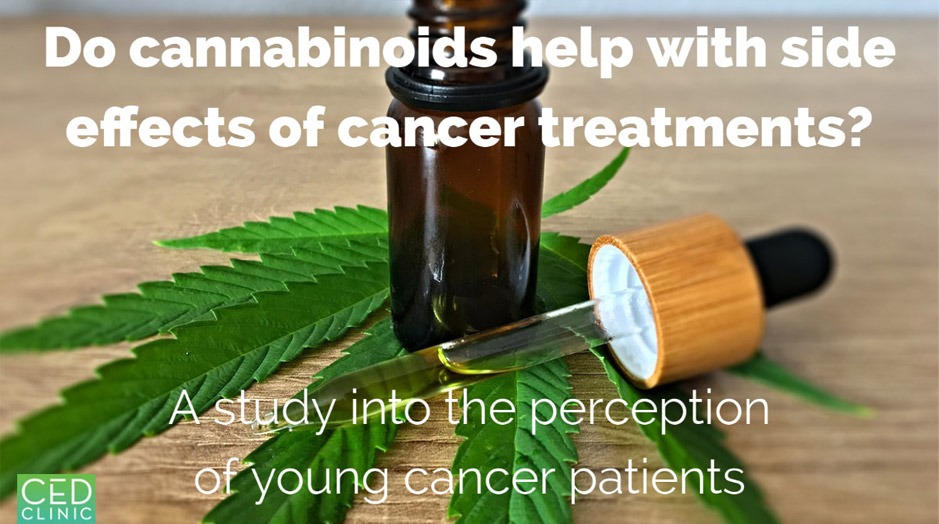Cannabis use is common in young people for various reasons, ranging from relaxation to sense of belonging in social groups. However, the self-initiated use of cannabis and cannabis-derived compounds (such as THC or CBD) for therapeutic purposes by adolescents and young adults with cancer is an underestimated and understudied phenomenon.
Indeed, a questionnaire conducted by a group of oncology doctors in Milan, Italy demonstrated that among the 66 participants, nearly half (41%) reported having consumed cannabinoids. When consumers were asked about the perceived benefits of cannabinoids and non-consumers were asked about the expected benefits, almost half (48%) cited appetite improvement and a significant group mentioned anxiety control (19%), nausea control (24%), and pain control (29%). Similar reasons were also emphasized by the subgroup of cannabis users who indicated that they increase their use during cancer treatment.
In brief, cannabis and cannabis-derived compounds are quite commonly regarded as beneficial in mitigating the side effects of cancer therapy (such as pain, nausea, appetite loss) by young patients, and subsequently, are consumed by many. Noticeably, such usage is often unbeknownst to caregivers and sometimes even to doctors during treatment. A more thorough knowledge of this topic is important for better treatment and palliative care planning and therefore, further attention and investigation into this topic are urgent.

